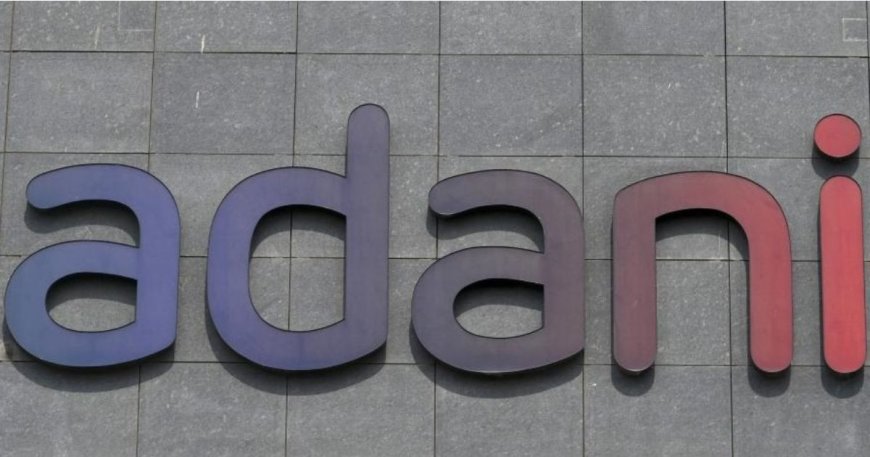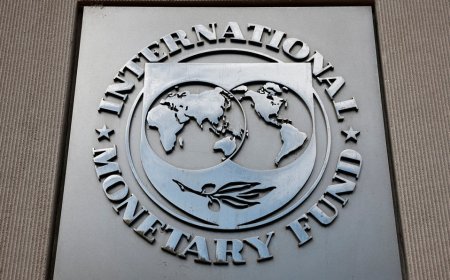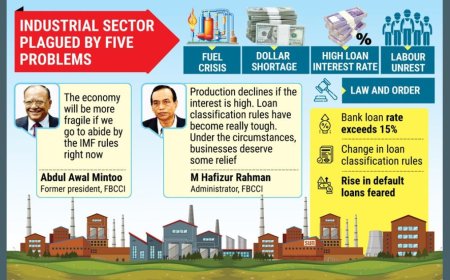Bangladesh settles issues over Adani power purchase agreement and payment terms
Over the past three to four months, the country has been making monthly payments of $90 to $100 million, with a total of $437 million paid in June alone.

Bangladesh Clears Adani Dues, Resolves Power Purchase Issues
Bangladesh has settled all outstanding dues with Adani Power, including carrying costs and concerns related to the power purchase agreement (PPA), by making its largest-ever single payment of $437 million in June, according to sources familiar with the matter. This move reaffirms Adani’s 1,600MW Godda power plant in Jharkhand as a reliable and cost-effective energy source for meeting Bangladesh’s growing power demands.
Over the past three to four months, Bangladesh has been making regular monthly payments of $90–$100 million. With the June payment, all pending liabilities have been cleared, prompting the Bangladesh Power Development Board (BPDB) to request full power supply from both units as per its schedule.
To ensure continued financial security, Bangladesh has also established Letters of Credit (LCs) equivalent to two months of billing and provided a sovereign guarantee covering all dues. These measures have significantly improved Adani’s financial position, sources said.
Any concerns arising from local investigations into the PPA have been addressed, with no irregularities found. With the financial and contractual uncertainties now resolved, lenders are reportedly optimistic about upgrading Adani Power’s credit rating from AA to AA+, which could lower its borrowing costs.
Adani’s Godda plant currently meets around 10% of Bangladesh’s electricity demand and supplies power at among the most competitive rates, according to BPDB’s merit order dispatch data.
Under a 2017 deal, the Godda plant was to export its entire coal-fired electricity output to Bangladesh for 25 years. However, payment defaults due to rising import costs—exacerbated by the 2022 Russia-Ukraine war and subsequent domestic political instability—forced Adani to halve its power supply in November 2024. Full supply resumed in March 2025 after Bangladesh began to settle its arrears through regular monthly payments.
The situation improved further after Adani merged the Godda subsidiary into its parent company, enhancing operational and financial efficiency. With full integration into the Bangladesh power grid, the project is now viewed as a successful bilateral energy venture.
The recent payment resolution follows Bangladesh’s financial difficulties, including declining foreign currency reserves and intensified power shortages, especially in rural areas. These challenges were compounded by prolonged student-led protests that culminated in the ousting of Prime Minister Sheikh Hasina in August 2024.
The interim government that followed sought an additional $3 billion loan from the IMF on top of the existing $4.7 billion bailout package. It also questioned several infrastructure agreements signed under the previous government, including the Adani PPA, labeling them as opaque. Other Indian firms like NTPC Ltd and PTC India Ltd also supply power to Bangladesh under similar arrangements.
What's Your Reaction?





















































































